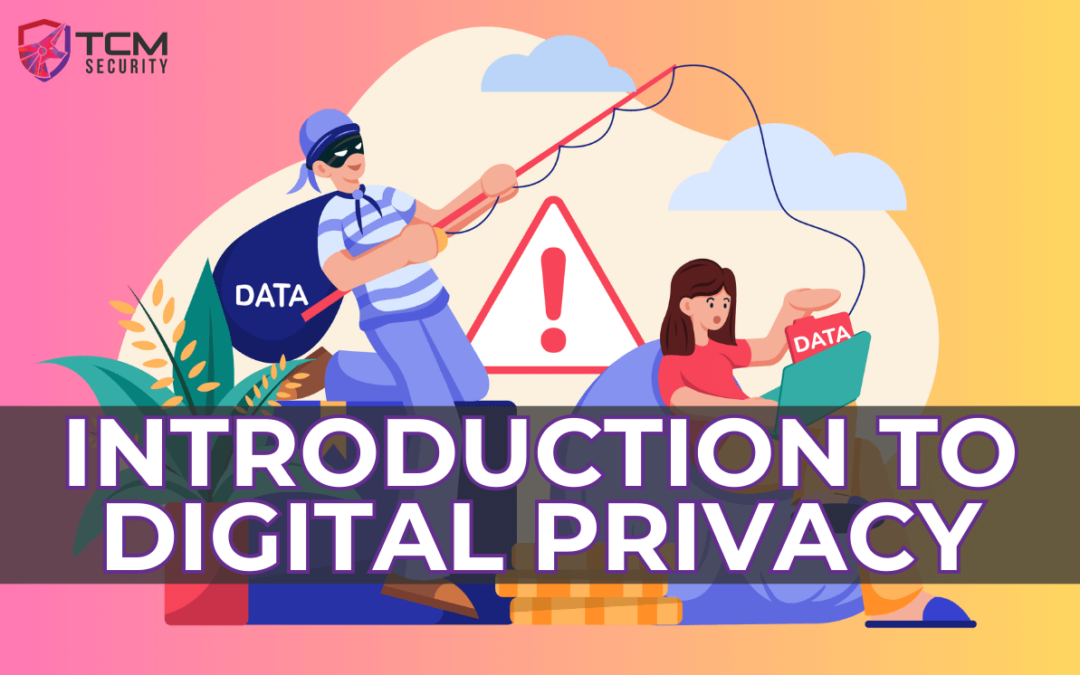Why Digital Privacy Is Important
Digital privacy can feel overwhelming in the Internet Age. Countless data brokers are profiting from your personal information, managing dozens of passwords can be stressful, and constant notifications might leave you feeling anxious—at least, that’s how it is for me! While this guide focuses on U.S. audiences (where protections like the GDPR aren’t mandated), much of the advice can be applied universally.
What Is Digital Privacy?
Digital privacy refers to safeguarding personal information, communications, and data in the digital world. It involves measures to ensure that your data is secure, remains private, and is not accessed, shared, or used without your consent. In today’s interconnected world, personal data has become a valuable commodity, often targeted for profit, surveillance, and exploitation.
Let’s explore some practical steps to reclaim your digital privacy:
1. Handle Physical Mail Carefully
Start with the basics: your physical mail. Shred sensitive documents like credit card pre-approval offers, utility bills, and bank statements. For added security, especially in rural areas, you might consider burning the shredded remnants to ensure complete destruction. This prevents identity thieves or “porch pirates” from accessing your personal information.
2. Use Cash Whenever Possible
Using cash limits the data available to build a profile about you. When you use cash, your bank only sees an ATM withdrawal, not your purchasing habits. Advertisers are far more interested in your spending patterns than in how often you withdraw money.
3. Switch to Privacy-Respecting Email Providers
Big email services like Google and Microsoft often scan your emails to personalize ads or sell insights to data brokers. Instead, consider privacy-focused alternatives like ProtonMail or TutaMail. These services offer robust encryption, free plans, and paid tiers with additional features like more storage, custom domains, and email aliases.
4. Use a VPN for Secure Connections
A Virtual Private Network (VPN) acts like a private tunnel for your internet data. It encrypts your connection, hides your IP address, and helps prevent tracking. VPNs can also allow you to access content restricted by geography. Some excellent VPN options to consider include ProtonVPN or Mullvad.
5. Adopt a Password Manager
Managing numerous secure passwords is easier with a password manager. Options like Keeper, BitWarden, or KeePassXC securely store your credentials so you only need to remember one strong master password. Aim for a long, complex master password with a mix of upper and lowercase letters, numbers, and special characters. If you write it down, avoid storing it in obvious places like sticky notes or under your keyboard.
6. Perform OSINT on Yourself
Open-Source Intelligence (OSINT) gathering can help you understand what personal information about you is publicly available. This is crucial for identifying vulnerabilities. TCM Academy offers a great course, OSINT Fundamentals, which teaches the basics. Heath Adams’ analysis of Pop Smoke’s unfortunate death is also a powerful case study on avoiding missteps that can compromise your safety.
7. Scrub Your Data from the Internet
Use services like DeleteMe or Incogni to remove your personal information from data broker sites. If you prefer a DIY approach, check out Yael Grauer’s Big-Ass Data Broker Opt-Out List. The list can feel daunting at first, but tackling a few entries at a time will help you make significant progress in protecting your privacy.
8. Follow Comprehensive Security Checklists
Check out Lissy93’s Personal Security Checklist, which offers a detailed guide tailored to different threat models. Her website, digital-defense.io, provides an interactive tool for tracking your progress and filtering items based on your needs.
What’s Next?
Learning how to protect your data is a skill that is becoming more and more important as our personal information is increasingly exposed and used. Even the data we provide, thinking it will be secure, can be released when an organization we have provided that data to is breached. So we should exercise care with how we handle and distribute our personal information.
That’s all for now! In the next article, we’ll go beyond the basics and dive into advanced strategies for enhancing your digital privacy. Stay tuned!
P.S.
If you are an aspiring pentester, who wants to learn more about OSINT and how to employ it during an engagement, TCM Academy offers the OSINT Fundamentals course that teaches through hands-on exercises. This course also prepares you for the Practical OSINT Researcher Professional certification exam as a way to demonstrate and prove your skills.
About TCM Security
TCM Security is a veteran-owned, cybersecurity services and education company founded in Charlotte, NC. Our services division has the mission of protecting people, sensitive data, and systems. With decades of combined experience, thousands of hours of practice, and core values from our time in service, we use our skill set to secure your environment. The TCM Security Academy is an educational platform dedicated to providing affordable, top-notch cybersecurity training to our individual students and corporate clients including both self-paced and instructor-led online courses as well as custom training solutions. We also provide several vendor-agnostic, practical hands-on certification exams to ensure proven job-ready skills to prospective employers.
Pentest Services: https://tcmdev.tcmsecurity.com/our-services/
Follow Us: Email List | LinkedIn | YouTube | Twitter | Facebook | Instagram | TikTok
Contact Us: sales@tcm-sec.com
See How We Can Secure Your Assets
Let’s talk about how TCM Security can solve your cybersecurity needs. Give us a call, send us an e-mail, or fill out the contact form below to get started.

